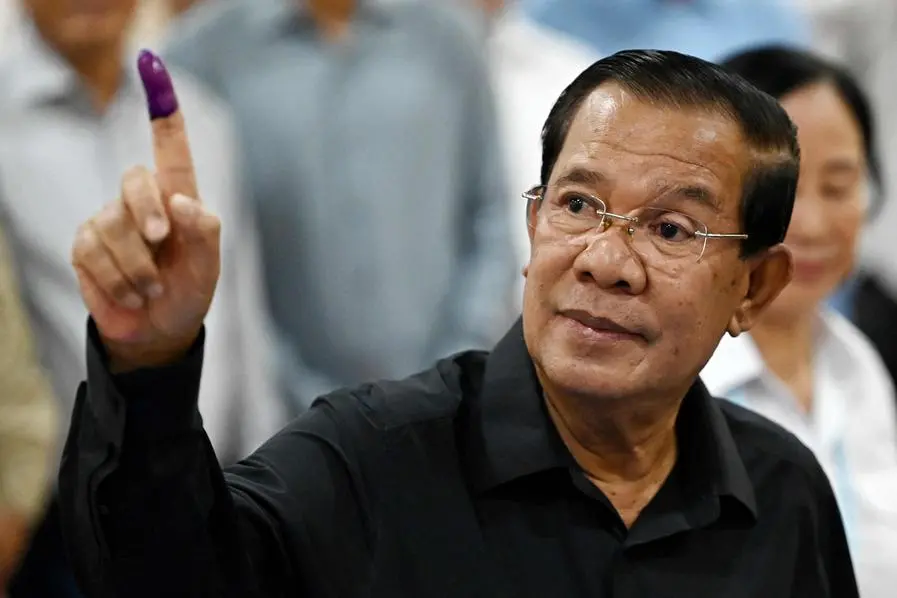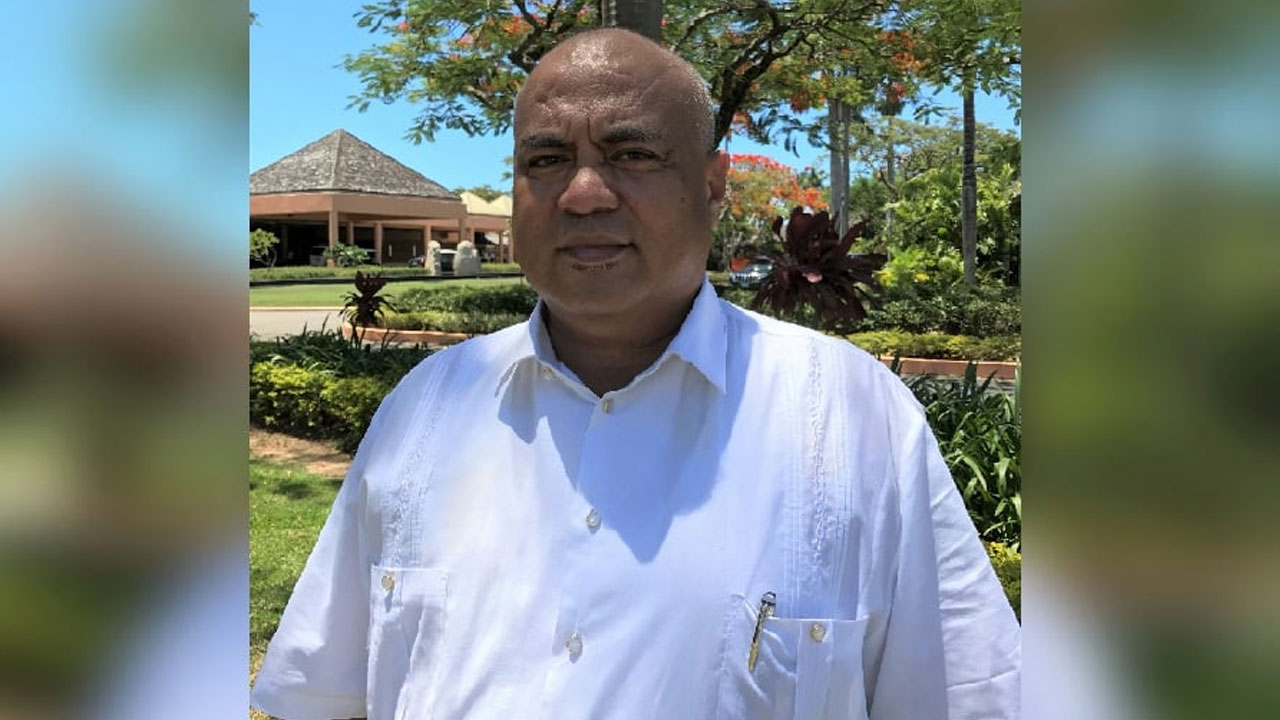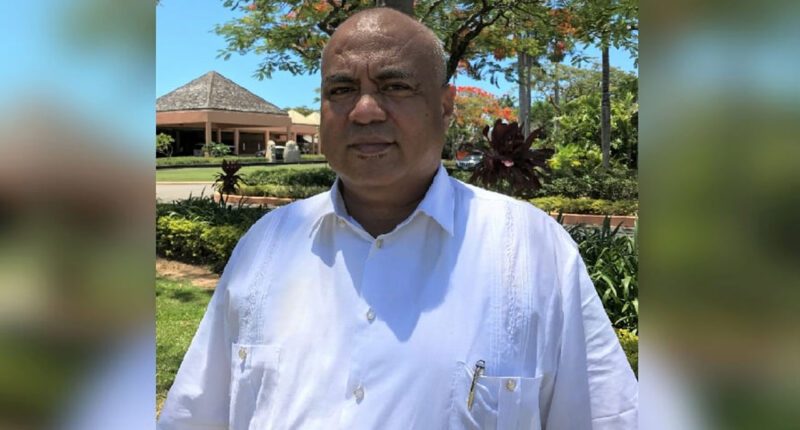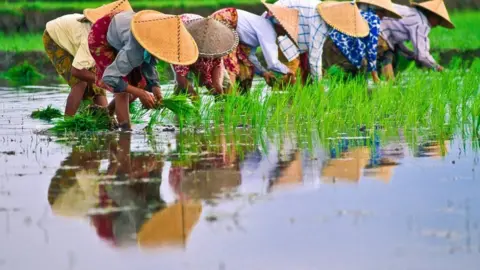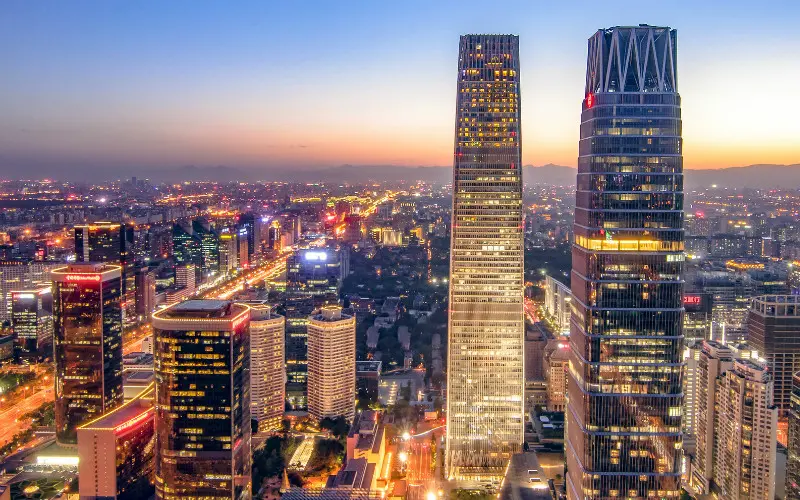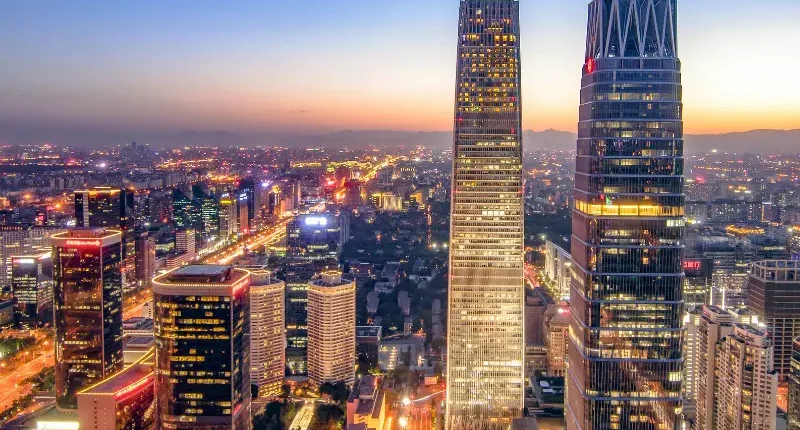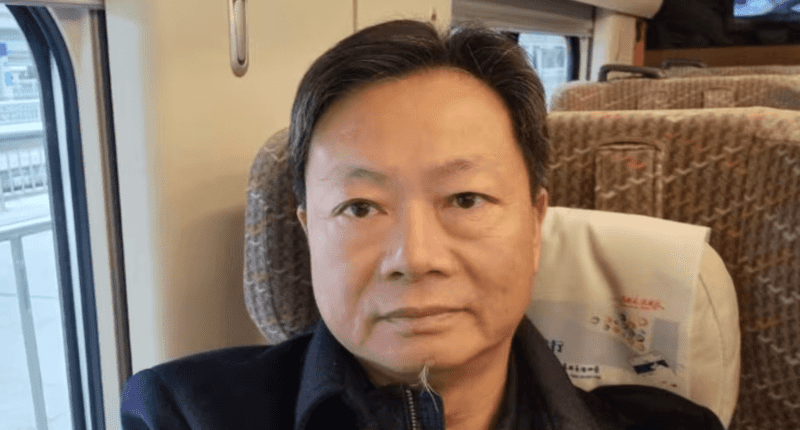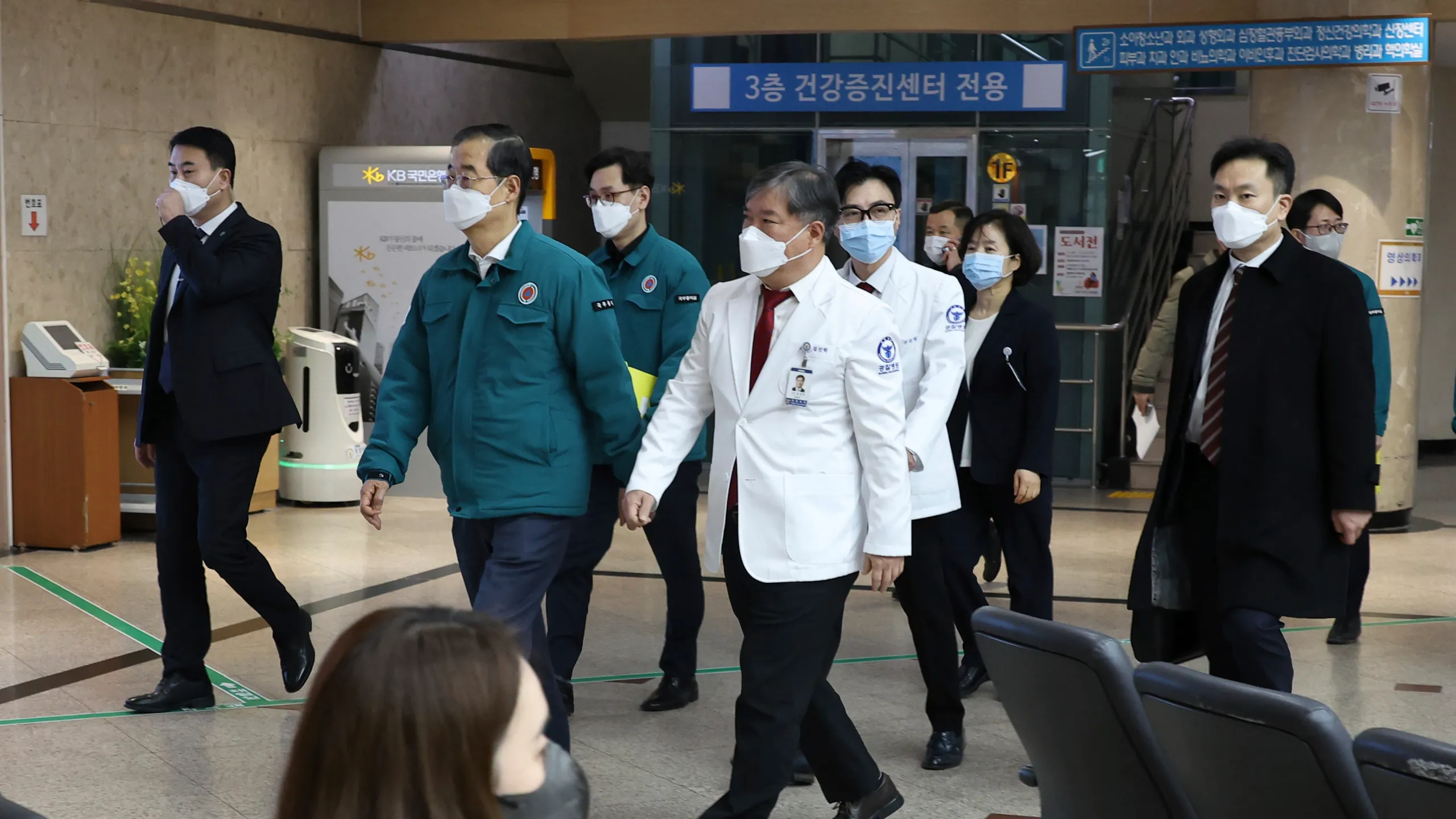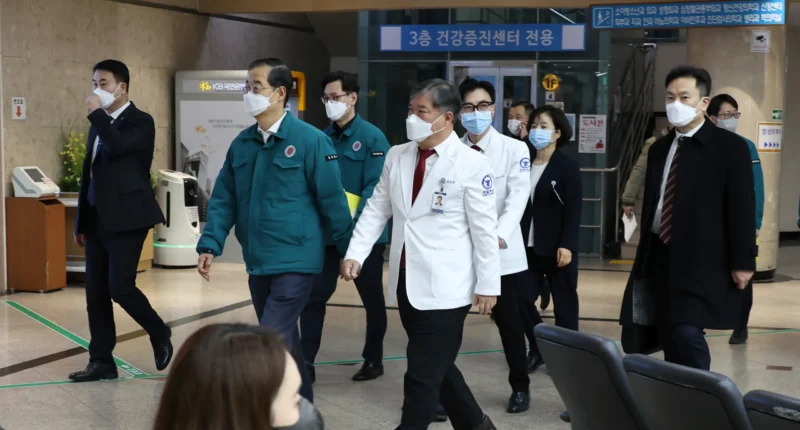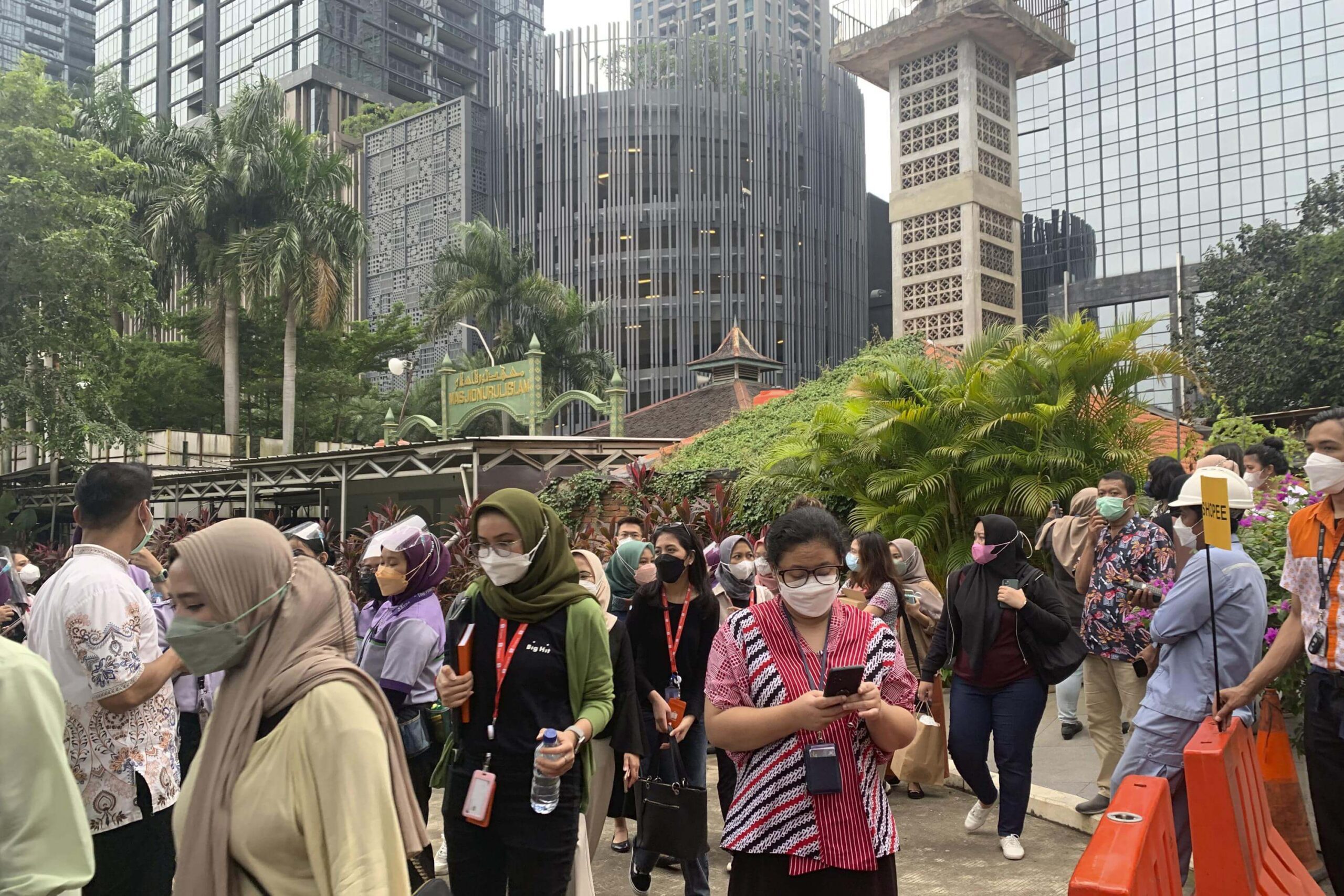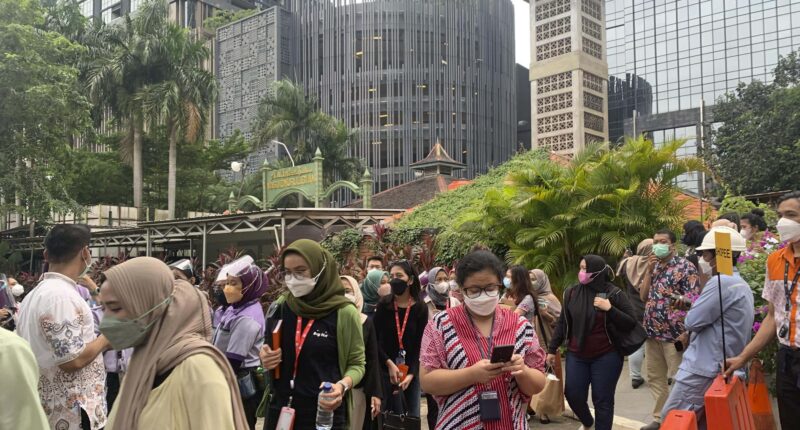Cambodia witnessed a significant political event as the ruling Cambodian People’s Party (CPP) dominated the Senate elections on Sunday, heralding the political comeback of former Prime Minister Hun Sen. Hun Sen, who had relinquished his role as Prime Minister to his son, Hun Manet, following the national elections in July, had hinted at maintaining his political influence despite stepping down.
The CPP’s overwhelming victory in the Senate, which serves as the upper house of the country’s legislature, was confirmed shortly after the polls closed on Sunday afternoon. According to CPP spokesman Sok Eysan, early results indicated that the party secured at least 50 of the 58 contested seats, ensuring Hun Sen’s election to the Senate.
The party plans to nominate Hun Sen for the prestigious role of Senate President, a position that would allow him to serve as the acting head of state during the king’s absence abroad. This appointment is anticipated to occur when the Senate reconvenes in April, although the National Electoral Committee will take some time to release the official election results.
Hun Sen, a 71-year-old veteran in Cambodian politics and the leader of the CPP, participated in the voting process in Takhmao city, his hometown. The elections saw participation from four political entities, including the CPP, the royalist Funcinpec Party, and two smaller opposition groups. With the Senate comprising 62 seats, 58 are elected by members of parliament and over 11,000 local administrative officials, with the remaining four appointed by the king and the National Assembly.
Given the CPP’s dominance in the previous Senate elections and the majority of eligible voters being CPP members, Hun Sen’s victory was widely anticipated. Analysts view his election to the Senate and potential presidency of the Senate as a strategic move to consolidate the Hun family’s grip on power, ensuring that this influential position does not become a potential threat to their control.
In Phnom Penh, many voters expressed their support for Hun Sen’s return to a prominent political role, citing his extensive experience as beneficial for the country’s prosperity. The recent election also saw Hun Sen’s youngest son, Hun Many, being appointed as a deputy prime minister, further entrenching the family’s presence in the government. Several of Hun Sen’s relatives and children of his allies now occupy key governmental positions.
Hun Sen’s tenure as Prime Minister since 1985 has been marked by significant contributions to Cambodia’s modernization post-civil war and genocide. However, his rule has also faced criticism for environmental degradation, widespread corruption, and the suppression of political opposition.

